Related Research Articles
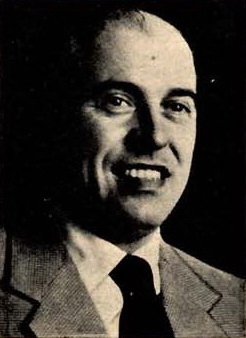
Carlo Fortunato Pietro Ponti Sr.OMRI was an Italian film producer with more than 140 productions to his credit. Along with Dino De Laurentiis, he is credited with reinvigorating and popularizing Italian cinema post-World War II, producing some of the country's most acclaimed and financially-successful films of the 1950s and 1960s.

Alexander Mackendrick was an American-born director and professor, long based in Scotland. He was born in Boston, Massachusetts, and later moved to Scotland. He began making television commercials before moving into post-production editing and directing films, most notably for Ealing Studios where his films include Whisky Galore! (1949), The Man in the White Suit (1951), The Maggie (1954), and The Ladykillers (1955).

The art of motion-picture making within Spain or by Spanish filmmakers abroad is collectively known as Spanish Cinema.

Jerzy Franciszek Kawalerowicz was a Polish film director and politician, having been a member of Polish United Workers' Party from 1954 until its dissolution in 1990 and a deputy in Polish parliament since 1985 until 1989.

Television Newsreel is a British television programme, the first regular news programme to be made in the UK. Produced by the BBC and screened on the BBC Television Service from 1948 to 1954 at 7.30 pm, it adapted the traditional cinema newsreel form for the television audience, covering news and current affairs stories as well as quirkier 'human interest' items, sports and cultural events.
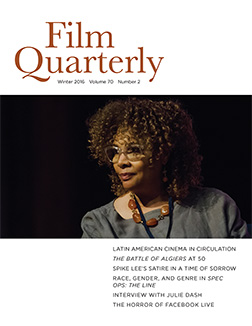
Film Quarterly, a journal devoted to the study of film, television, and visual media, is published by University of California Press. It publishes scholarly analyses of international and Hollywood cinema as well as independent film, including documentary and animation. The journal also revisits film classics; examines television and digital and online media; reports from international film festivals; reviews recent academic publications; and on occasion addresses installations, video games and emergent technologies. It welcomes established scholars as well as emergent voices that bring new perspectives to bear on visual representation as rooted in issues of diversity, race, lived experience, gender, sexuality, and transnational histories. Film Quarterly brings timely critical and intersectional approaches to criticism and analyses of visual culture.
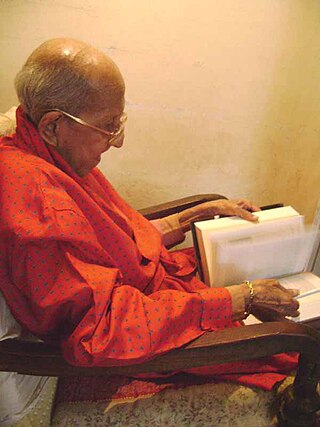
Sri Lankabhimanya Lester James Peries was a Sri Lankan film director, screenwriter, and film producer. Considered as the father of Sri Lankan cinema, Lester worked as a filmmaker from 1949 to 2006, and was involved in over 28 films, including shorts and documentaries.

Erich Pommer was a German-born film producer and executive. Pommer was perhaps the most powerful person in the German and European film industries in the 1920s and early 1930s.

All the Brothers Were Valiant is a 1953 Technicolor adventure drama film produced by Metro-Goldwyn-Mayer and directed by Richard Thorpe. The film's screenplay was written by Harry Brown and based on the 1919 novel All the Brothers Were Valiant by Ben Ames Williams. The music score was led by Miklós Rózsa and the cinematography by George J. Folsey.
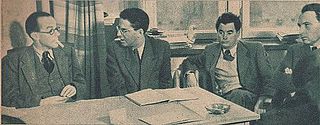
Basil Wright was a documentary filmmaker, film historian, film critic and teacher.
National General Corporation (NGC) was a theater chain holding company, film distribution and production company and was considered one of the "instant majors". It was in operation from 1951 to 1974.

Pierre Braunberger was a French producer, executive producer, and actor.
Peter Graham Scott was an English television and film producer, television director, film director, film editor and screenwriter. He was one of the producers and directors who shaped British television drama in its formative years and his background in film editing and directing helped to move television out of an era of studio-bound productions and towards programmes that owed more to cinema than to the stage.

Robert Lenard Lippert was an American film producer and cinema chain owner. He was president and chief operating officer of Lippert Theatres, Affiliated Theatres and Transcontinental Theatres, all based in San Francisco, and at his height, he owned a chain of 139 movie theaters.

Filmmaking in Colonial Nigeria generally refers to an era in Nigerian cinema, usually spanning the 1900s through to the 1950s, when film production and exhibition or distribution were controlled by the British colonial Government. The history of cinema in Nigeria dates back to as early as the history of film itself; notably in the late 19th century, with the use of peephole viewing of motion picture devices. These were soon replaced in the early 20th century with improved motion picture exhibition devices, with the first set of films screened at the Glover Memorial Hall in Lagos from 12 to 22 August 1903.
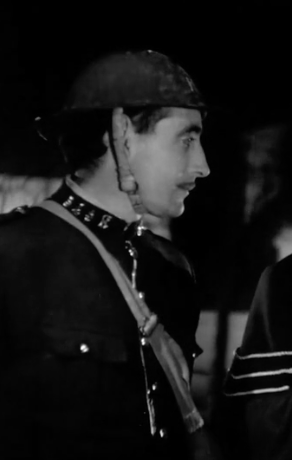
Antonio del Amo (1911–1991) was a Spanish screenwriter and film director. He enjoyed great commercial success in 1956 with The Little Nightingale starring the child star Joselito. This allowed him to found his own production company Apolo Films, based outside Madrid.
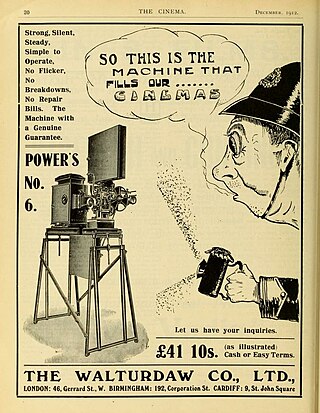
The Walturdaw Company Limited was a British film company in the early 20th-century. They manufactured film cameras and projectors, as well as published their own films, some 189 films were made.
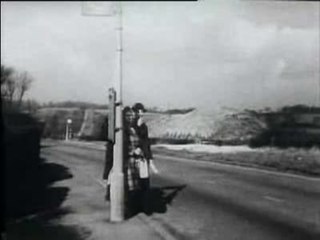
The Colonial Film Unit (C.F.U) was a propaganda and educational film production organization of the British government. It produced films for various British colonies including British Guiana and Nigeria. The Jamaica Film Unit was a division for films produced in Jamaica. The Colonial Film Unit was established in 1939 and produced 200 films before being shut down in 1955. It was part of Britain's Ministry of Information. It produced a magazine titled Colonial Cinema. Training filmmakers was also an important part of the unit's activities.
George H. Brown (1913–2001) was a British film producer.
Hans Friedrich Hermann Isay, popularly known by his stage name Sean Graham, was a German-born Ghanaian filmmaker and former military leader of British Army. In cinema, he is best known for directing the critics acclaimed Ghana films The Boy Kumasenu, Jaguar and Two Weeks in September.
References
- ↑ "Production Companies | colonialfilm". www.colonialfilm.org.uk.
- ↑ Francis, Terri (September 11, 2011). "Sounding the Nation: Martin Rennalls and the Jamaica Film Unit, 1951-1961". Film History: An International Journal. 23 (2): 110–128 – via Project MUSE.
- ↑ "Jamaica Film Unit Works | South Side Projections".
- ↑ "Jamaica Film Unit Parables - Orphans7". sites.google.com.
- ↑ Film, A. Place For (March 22, 2019). "WhoWhatWhenWhere is Jamaican Film? A Primer". Indiana University Cinema.
- ↑ "Jamaica Film Unit". BFI.[ dead link ]